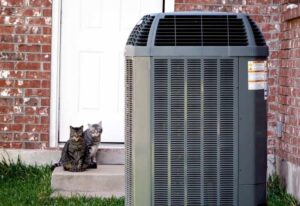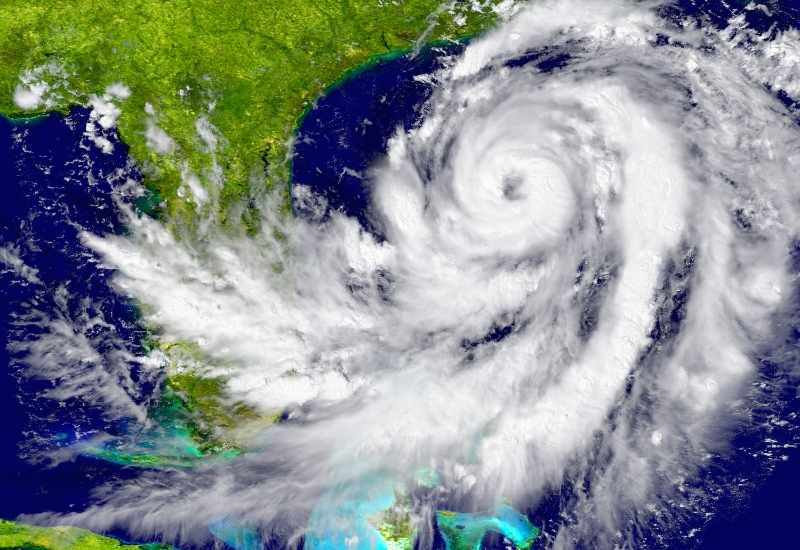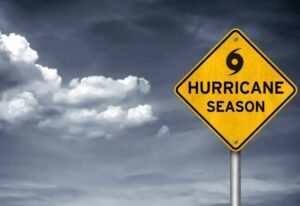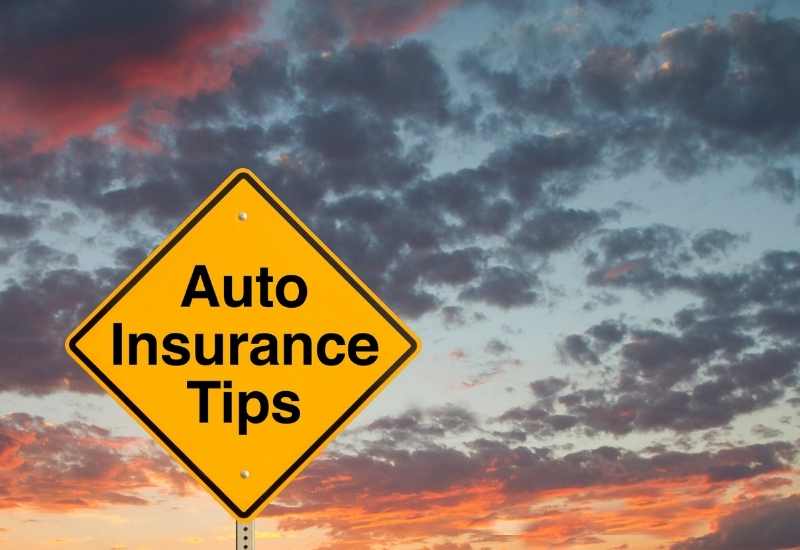5 Questions to Ask When Purchasing a Life Insurance Policy
Purchasing a life insurance policy is important if you are concerned about ensuring the financial security of your dependents. However, purchasing a life insurance policy comes with many questions and decisions that may be intimidating, possibly causing you to hesitate. Unfortunately, putting off such an important conversation can be expensive and even harmful in the long term, particularly if the unexpected occurs.
What Questions Should You Ask When Purchasing Life Insurance?
The following are five important questions you should ask when purchasing life insurance.
#1 What Kind of Life Insurance Policy Should I Get?
First, it is important to understand the basic types of life insurance coverage available. There are two main forms of life insurance that you can purchase: term and permanent insurance.
If all other requirements are satisfied, a term insurance policy offers protection for a predetermined period of years and pays a death benefit. Term insurance policies typically last one to 30 years and are purchased to pay for a child’s education or to cover mortgage payments.
The death benefit of a term policy may remain constant over the course of the policy, or it may decline — it depends on the kind of coverage you select.
Permanent life insurance, however, gives the insured a death payout regardless of how long you live. A permanent insurance plan might be entire, universal, or variable universal, and it is more complicated than a term insurance policy.
Traditional insurance policies have a predetermined premium and death benefit at the time of purchase. Variable and universal policies, on the other hand, will change based on how the market performs.

#2 How Much Life Insurance Do I Need?
The amount of life insurance you need will depend on a variety of factors, such as the sum required to settle your debts, including your estate taxes and funeral costs. The amount needed by your dependents to maintain their standard of living in the event of your death should also be factored into the decision. Other factors that may impact the quantity of coverage you purchase are:
- Your income
- Your age
- Existing debt
- Current expenses
- Future expenses, such as sending children to college
Before you decide to get insurance, be sure your insurance agent considers your financial situation and your family’s future needs. Once your insurance agent has considered all your present and future financial needs, you can then begin to consider which policy is best for you.
# 3 How are Death Benefits Paid?
Unless the beneficiary elects to receive the benefit as an annuity or in installments, the death benefit is given out as a single, income tax-free payment. A few policies (including some employee benefit plans) require pre-tax payments for the premium; in these cases, the death benefit may not be income tax-free.
A death benefit may also be divided between multiple beneficiaries. For instance, as the policyholder, you may name more than one beneficiary and divide the benefit equally (or unequally) among family members such as children.

#4 Does the Policy Provide Living Benefits?
The idea that life insurance solely offers death benefits is a widespread one. Many life insurance policies also include living advantages, such as the ability to borrow money against the policy’s cash value.
Depending on the company, the insured party may be eligible for living benefits while they are still alive. Some life insurance policies offer common living benefits such as:
Early payment: This benefit, which helps pay for care and medical expenses, is available to insureds who have been told they have a terminal illness. The percentage of the benefit is determined by your insurance and the firm.
Long-term care: If the insured needs assisted living because they are unable to provide for their basic needs on their own, the long-term care benefit may allow them to use the proceeds from their life insurance policy to help cover those costs.
Short-term care: If the insured is hurt or temporarily disabled, this benefit may help pay for the costs of care in the short term.
It is noteworthy to remember that while some of these benefits may be covered by the life insurance policy, others may be purchased separately. If you’re interested in finding out more about your options, our expert representatives are ready to assist you.
#5 What Life Insurance Benefits are Guaranteed?
You should thoroughly read the entire policy before buying life insurance to understand what benefits are ensured in the event of death. Depending on how long the policy is in effect, you may be offered a “life insurance illustration” when you request a quote. This document outlines the estimated value of your policy.
However, the economy, particularly with variable policies, can produce a significant volatility in prediction values. You should make sure you are comfortable with the guaranteed figures when you are examining your illustration.
Evaluating the Best Life Insurance Coverage for Your Needs
No matter your current phase of life, life insurance can create a sense of comfort for you and for those who matter most to you. GWK Insurance is here to help with your life insurance needs. We make it a priority to inform, educate, and help our clients make the best insurance decisions possible.
We are experts in helping you make the right insurance choices to protect the financial future for those you care about most. Contact us today to begin comparing life insurance policies that best serve your specific needs.



























